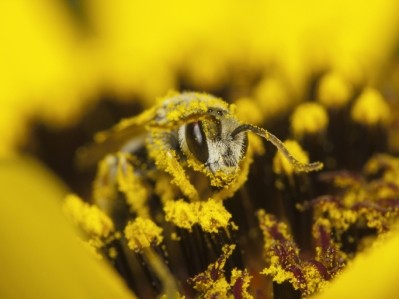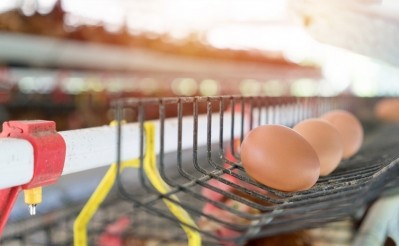Deinove protects its bacteria derived feed innovation in China

Emmanuel Petiot, CEO of the Montpellier based company, said the patent demonstrates the progress it has made in the animal nutrition sector in the past three years.
“China is the world's largest producer of livestock, it is therefore essential that we can eventually market our innovations there with all the necessary protections. However, this patent is intended to be issued in all other major territories,” he added.
Deinove has nearly 160 international patent applications.
The company, which has been working to develop applications for its biotechnologies in the animal nutrition market, in particular through two partnership programs, has been listed on Alternext since April 2010. To do this it says it relies on two key assets:
- A strain bank with 6,000 rare bacteria that have not yet been exploited, mainly of the Deinococcus genus;
- A genetic, metabolic and fermentation engineering platform that enables it to customize these natural micro-factories
Pigmentation, antioxidant functionality
Last month, we heard from the CEO as the firm announced that the effectiveness and bioavailability of its carotenoid compounds, derived from seven strains, had been confirmed in in vivo animal trials.
Those studies were run under the Color2B strategic project, in which Deinove collaborates with French agribusiness group, Avril.
“The compounds are used mainly for pigmentation of skin and yolks but they do have nutritional value as well - antioxidant functionality,” Petiot told this publication then.
Avril is hoping to leverage the huge demand for natural coloring options. Europe will be likely the first market it enters with the biobased carotenoids, then Asia and the US will follow, he said.
Broilers and layers in the poultry industry, and the salmon and trout farming sectors in the aquaculture arena are the likely target markets for the carotenoids, said
However, regulatory approvals have to be secured and licensing models developed – it is anticipated commercialization of the compounds would begin around 2019.
The next phase of the Color2B project involves optimizing high performing strains and production conditions along with further validation work. “We now need to carry out extensive in vivo trials to replicate findings with a wider amount of animals, and we need to produce more bacteria biomass,” he said.












